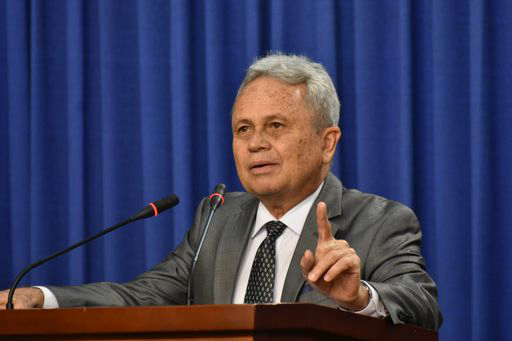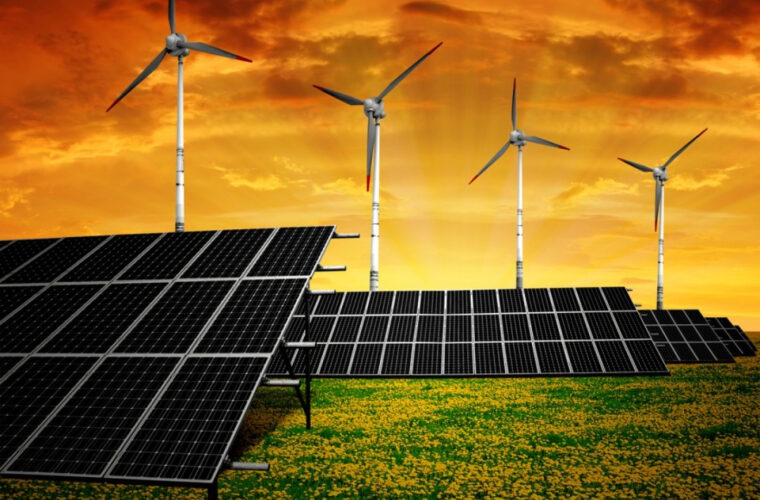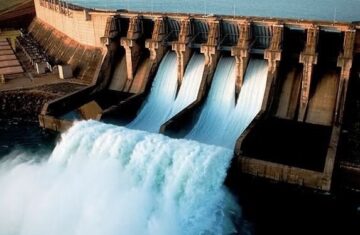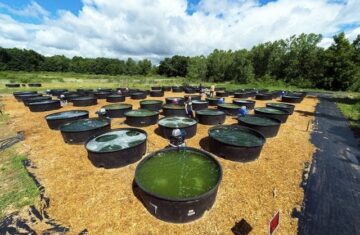As the global community moves towards a sustainable energy future, Trinidad and Tobago’s Finance Minister Colm Imbert stated that the country will continue to work on reducing its carbon footprint while recognizing the need to maintain oil and gas production. This acknowledgment comes as T&T remains an energy-based economy.
Key Remarks on Energy Transition
Imbert made these remarks during the launch of the Development Bank of Latin America and the Caribbean (CAF) Report on Economic Development (RED) 2024, titled “Renewed Energies: A Just Energy Transition for Sustainable Development.” He highlighted the dilemma faced by oil-and-gas-based economies that rely heavily on fossil fuel revenue.
“It is easy for spokespersons from advanced diversified economies to insist on the elimination of fossil fuels,” Imbert noted. He acknowledged the urgency of addressing climate change due to extreme weather events but emphasized the unique challenges for countries like Trinidad and Tobago that have limited alternative income sources.
A Measured Approach
“Trinidad and Tobago is an energy-based economy, and therefore, we must be careful and prudent,” Imbert stated. He underscored that while the country cannot abandon oil and gas production, it can strive to reduce its carbon footprint by maximizing the use of renewable energy for electricity generation, adopting electric vehicles, and promoting green energy sources such as hydrogen.
Engaging Stakeholders

The Finance Minister urged stakeholders to engage in vital discussions as the region navigates its energy transition. He emphasized that this transition is not solely about reducing emissions; it also involves building an inclusive, resilient, and forward-looking economy that ensures a prosperous future for the citizens of Trinidad and Tobago and the broader Latin America and Caribbean (LAC) region.
Conclusion
Trinidad and Tobago’s approach to energy transition reflects a commitment to balancing economic realities with environmental responsibilities. By promoting renewable energy and fostering discussions among stakeholders, the country aims to secure a sustainable energy future while preserving its economic foundation.
Sources
- Development Bank of Latin America and the Caribbean (CAF) – Economic Development Report 2024
- Trinidad and Tobago Ministry of Finance – Official Statements
- International Energy Agency – Energy Transition and Economic Impacts



